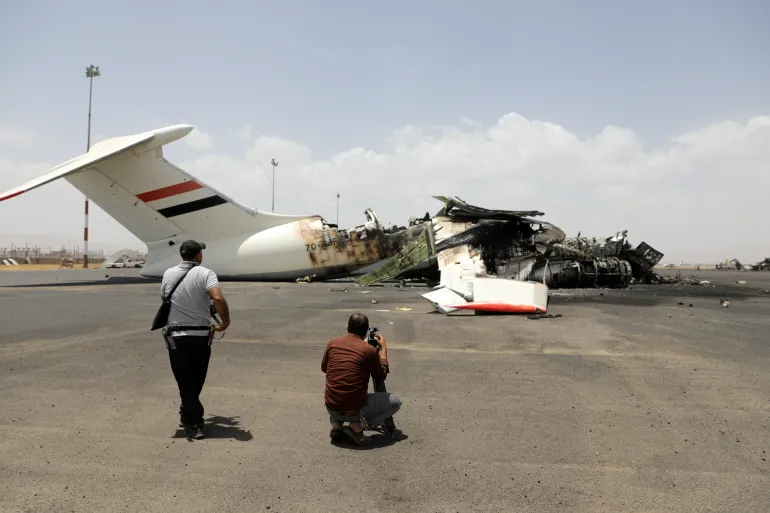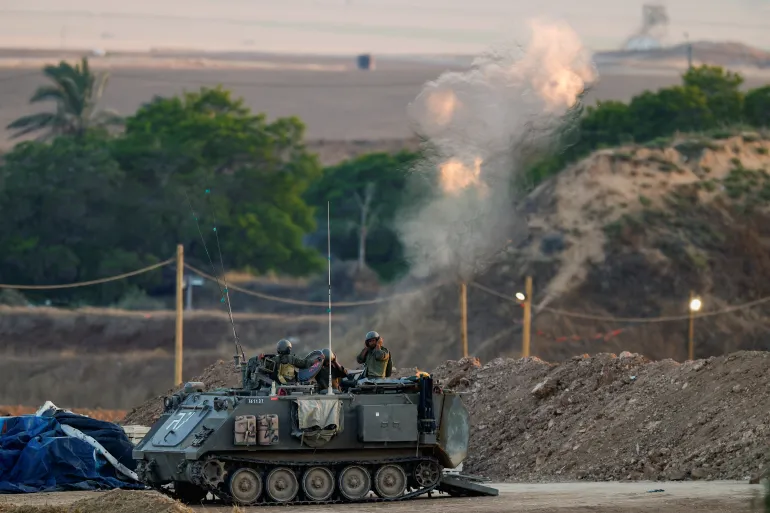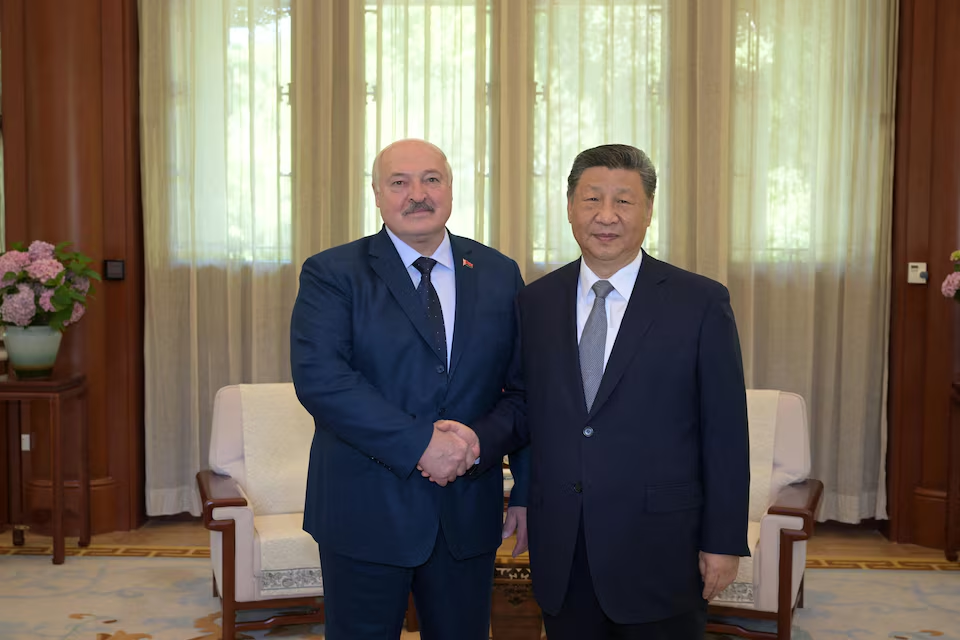Israel has launched an airstrike on the airport in Sanaa, Yemen’s capital, according to statements by the Houthi movement on Wednesday. The strike marks a sharp escalation in regional hostilities amid the ongoing Gaza conflict and rising tensions across the Middle East.
The Houthis, who are aligned with Iran and control much of northern Yemen, confirmed the Israeli strike targeted Sanaa International Airport. According to Houthi-run Al-Masirah TV, the facility had previously been used for delivering humanitarian aid and for UN operations.
Houthi Statement and Regional Context
The Houthi movement accused Israel of aggression and warned of consequences. Spokesman Yahya Saree did not specify casualties or the extent of damage, but described the attack as a “dangerous development” in Israel’s ongoing operations across the region.
“This attack will not go unanswered,” Saree declared in a televised statement.
The airstrike comes amid growing fears of a wider conflict involving Iran-backed groups in Lebanon, Iraq, Syria, and now Yemen. The Houthis have fired missiles and drones at Israel multiple times since the war in Gaza escalated in October 2023, though most have been intercepted.
Israel’s Broader Campaign
Israel has not officially commented on the airstrike. However, it has repeatedly vowed to target what it calls Iran’s “proxy networks” across the region, including the Houthis. Israeli officials accuse these groups of trying to open multiple fronts against Israel while backing Hamas and Islamic Jihad in Gaza.
Since October, Israel has carried out strikes in Syria and Lebanon and has reportedly coordinated with the United States in disrupting arms shipments allegedly headed to Gaza from Iranian-linked forces.
Sanaa Airport’s Role and Impact
Sanaa International Airport has largely been under Houthi control since the group seized the capital in 2014. It had reopened in limited capacity in recent years under a UN-brokered agreement to allow for humanitarian flights and medical evacuations.
Yemen’s civil aviation authority, also under Houthi control, condemned the attack and said it would further isolate the Yemeni people, already suffering under a blockade and years of civil war.
International observers warn that the strike could disrupt the fragile humanitarian lifeline for northern Yemen, where millions rely on food and medicine delivered by air.
International Reactions and Regional Implications
There has been no immediate response from the United Nations or humanitarian groups operating in Yemen. However, aid agencies have expressed concern that military escalation could close off vital humanitarian access points in the country.
Analysts view the attack as part of a widening regional campaign driven by the Gaza war, with the potential to draw more actors into the conflict.
“This could trigger a broader response not just from the Houthis, but from Iran’s entire regional network,” said a Middle East expert quoted by Al Jazeera.
Conclusion
The Israeli airstrike on Sanaa airport marks a significant escalation in the Middle East crisis, potentially expanding the battlefield beyond Gaza and its immediate neighbors. As tensions rise and regional actors warn of retaliation, the risk of broader conflict grows, complicating diplomatic efforts to restore stability in the region.
Source; Al Jazeera



